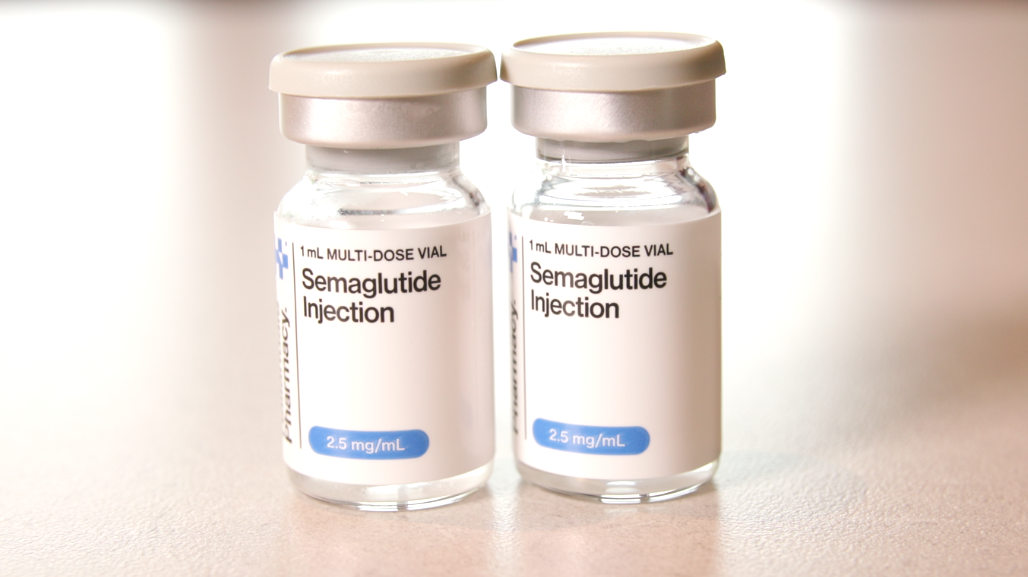Cost of drugs in Nigeria: ‘I live long but I’m expensive’ – high cost of drugs hits patients for Nigeria
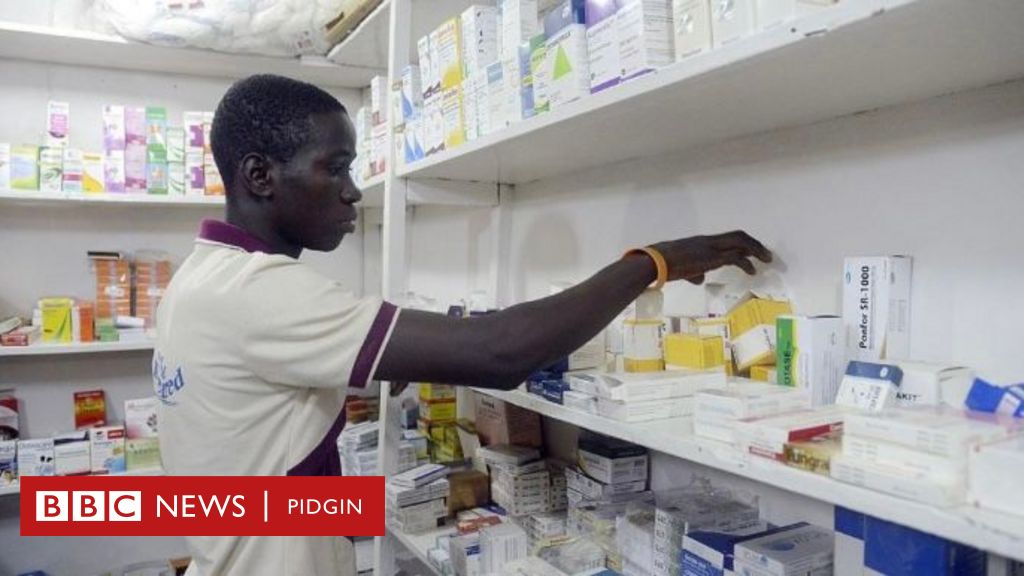
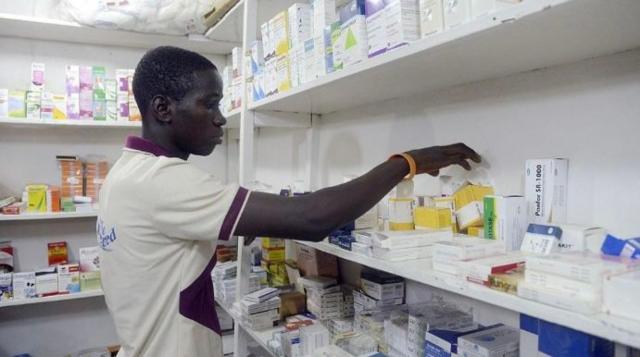
- the author, Makuochi Okafor & Chigozie Ohaka
- role, BBC news
- Reporting from Lagos, Nigeria
The rising cost of regular drugs for Nigeria pushes medication beyond the reach of many pipers as they struggle with the ongoing cost of living crisis.
The prices of some regular medicines have doubled or tripled in the past two months, making them unaffordable for over 60% of the population who are considered poor and survive on less than $2 a day.
Nigerians also face rampant inflation that reached 33.2% in March 2023, the highest rate in almost three decades. Costs are also affected by last year’s decision to remove fuel subsidies.
Nigeria’s Health Minister Muhammed Ali Pate told the BBC that drug prices are linked to volatile currency exchange rates, increasing the cost of imported drugs.
The minister also highlighted the low rate of enrollment in the di kontri health insurance scheme, which prevents many from paying for drugs out of pocket and further exacerbates the burden of rising costs.
Something doesn’t announce steps to address rising drug costs. Di The Ministry of Health recently pledged to make it easier for domestic pharmaceutical companies to import ingredients and equipment to manufacture drugs in the country.
However, it is not clear how quickly the plans will be implemented.
According to the World Health Organization (WHO), 95 percent of all medicines used in Africa are imported.
The continent accounts for only three percent of all global drug production, as only Kenya, Nigeria and South Africa have large pharmaceutical industries.
The Covid-19 pandemic highlights the need for local production.
In February, African leaders, led by the Africa Centers for Disease Control and Prevention (Africa CDC) agreed to an initiative for African countries to work to buy medicines and vaccines in bulk, while allowing them to negotiate better prices.
This initiative also aims to boost local production, especially since they produce less than one percent of life-saving vaccines in Africa.
The ambitious plan aims to increase domestic production to 60 percent by 2040.
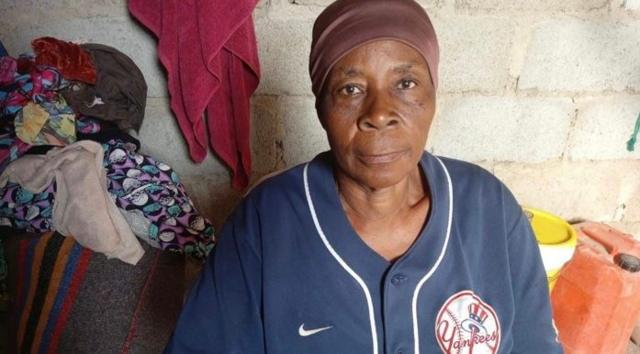
“I use local herbs”
Right now, Nigerians like Jane Aibangbe, a 29-year-old who lives in Lagos, need regular medication, and face the risk of high costs.
Jane lives with systemic lupus erythematosus, a condition that affects her immune system.
The cost of her treatment did not increase from 21,000 naira ($14/10) in the last quarter of 2023 to 35,000 naira ($21/17) in February 2024.
I’m not happy, but I’ll go? so Jane, is struggling to afford her medication.
Like Jane, 28-year-old Sarah Erekosima has not lived with asthma for many years. As drug prices rise, she has been forced to make lifestyle changes to ensure she doesn’t have asthma complications if the condition requires emergency treatment.
I was forced to drink warm water instead of cold water even under the unbearable heat of Lagos, she did her best to prevent triggering an asthma attack.
The cost of her treatment does not increase from 9,000 naira ($6/5) in May 2023 to over 67,000 naira ($42/34) in March 2024.
Of course, for my health, I want to live long, right? But it is expensive, that land.
Like Sarah, Rhoda Husseini, an asthma sufferer from Wamba town, says she can’t afford the Ventolin inhaler she uses to give her instant relief.
I can’t afford an inhaler and tablets sometimes I don’t have either. Now I use traditional herbs produced locally, despite the fact that there is no evidence that traditional treatment is effective.
Uche Tralagba, a doctor in Lagos says she is worried about how rising drug costs affect her patients.
Some patients deliberately do not take a low dose so that the medication lasts longer.
I also take some that don’t completely remove meds that I can’t handle, with a worsening of my diabetes and even death.
According to Dr Tralagba, difficult economic conditions force many patients to sacrifice their well-being.
Some do not refuse to take time off work, despite saying they are medically unfit to work, and we advise them to do so. Dem gatz continues to work just to be able to afford the treatment, denying the body much-needed rest to recover, she said.
Cyril Usifoh, the President of the Pharmaceutical Association of Nigeria, says the adjustment improves the situation by providing more tax breaks to suppliers and reducing high taxes on drugs.
I say that the regulation of drug prices is suited to support domestic production of drugs, which in turn will reduce imports and make drugs more affordable for patients.
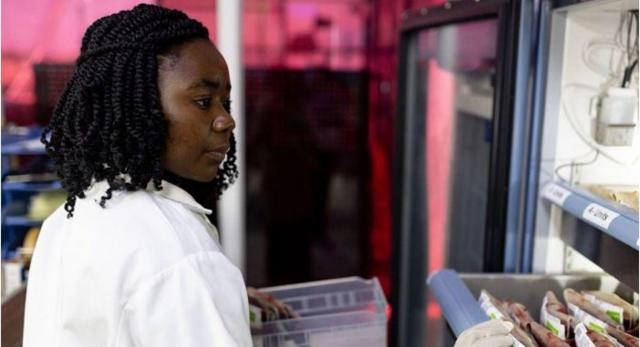
Wetin goment dey do?
Earlier this year, Health Minister Muhammed Pate announced that President Bola Tinubu plans to sign an executive order to lower drug prices. But the details of the implementation plan of this plan are not missing.
The minister also announced the disbursement of about 1.3 billion naira ($72 million) to the Country Basic Health Care Insurance Fund.
A National Health Insurance Authority funding should be able to provide financial protection to vulnerable Nigerians.
In 1999, Nigeria established the Nigerian Health Insurance Scheme (NHIS) to reduce patients’ out-of-pocket costs.
It becomes fully operational six years later, but covers only a small percentage of the country’s population, mostly workers in the sector.
Many Nigerians, especially in the informal sector and rural areas, still do not have insurance and rely on out-of-pocket payments.
In 2022, Nigeria passed the National Health Insurance Authority (NHIA) bill, mandating businesses with five or more employees to provide health insurance.
But experts say that no amount of political will or awareness can successfully implement this scheme.
Additional reporting by Nkechi Ogbonna.
#Cost #drugs #Nigeria #live #long #expensive #high #cost #drugs #hits #patients #Nigeria
Image Source : www.bbc.com



